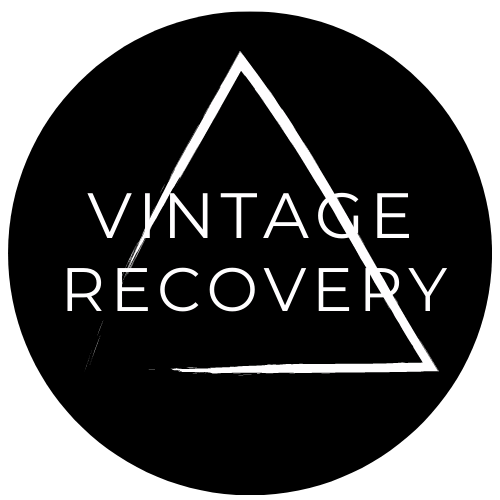
Is Vintage Clothing Just A Trend?
Share
In the ever-evolving world of fashion, trends come and go with the blink of an eye. However, amidst the constant flux, there is one movement that stands the test of time – vintage clothing. Far from being just a passing trend, vintage fashion has transcended seasonal shifts and become a beacon of sustainability in a fast-paced industry. In this blog, we'll explore why vintage clothing is not merely a trend but an ever-growing way to shop more sustainably.
The Environmental Impact of Fast Fashion:
Before delving into the merits of vintage fashion, it's crucial to understand the environmental challenges posed by the fast fashion industry. Characterised by rapid production cycles, low-quality garments, and excessive waste, fast fashion has contributed to environmental degradation, exploitation of labour, and the depletion of natural resources. Consumers are increasingly becoming aware of the negative consequences associated with their clothing choices and are seeking alternatives that align with their values.
The Timeless Appeal of Vintage:
Vintage clothing, with its unique charm and timeless appeal, has become a compelling choice for those seeking an alternative to the fast fashion frenzy. Unlike trends that fade away, vintage pieces carry a history and story of their own. Each garment has weathered the test of time, boasting craftsmanship that often surpasses the mass-produced offerings of contemporary fashion.
Sustainability at the Core:
One of the most significant reasons vintage clothing is not just a trend lies in its inherent sustainability. By opting for pre-loved garments, consumers actively participate in reducing the demand for new production. This choice helps minimise the environmental impact associated with manufacturing, including water usage, energy consumption, and greenhouse gas emissions.
Moreover, embracing vintage fashion promotes a circular economy by extending the lifecycle of clothing items. Instead of contributing to the growing mountains of textile waste, individuals can choose to give existing garments a new lease on life. This shift towards circularity aligns with the principles of sustainability and reduces the need for constant resource extraction.
Ethical Fashion Choices:
Apart from environmental concerns, vintage fashion also addresses ethical issues prevalent in the fashion industry. The journey from raw material extraction to the final product often involves exploitative labour practices. Vintage shopping allows consumers to distance themselves from these unethical practices by supporting a more ethical and responsible way of acquiring clothing.
Personal Style and Individuality:
Vintage fashion offers a unique avenue for individuals to express their personal style and stand out from the crowd. Unlike mass-produced items that saturate the market, vintage pieces allow wearers to curate a wardrobe that reflects their personality. In a world where individuality is increasingly valued, vintage clothing provides a refreshing departure from the homogeneity of fast fashion.
In conclusion, vintage clothing is far more than a passing trend; it represents a sustainable fashion revolution. As consumers become more conscientious about their choices, the timeless appeal, sustainability, and ethical considerations associated with vintage fashion make it an ever-growing preference. By choosing vintage, individuals contribute to a more sustainable and ethical future for the fashion industry, where each garment tells a story of the past and contributes to a more mindful and responsible tomorrow.
